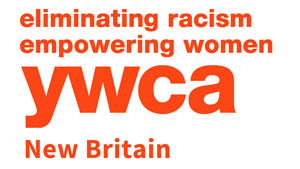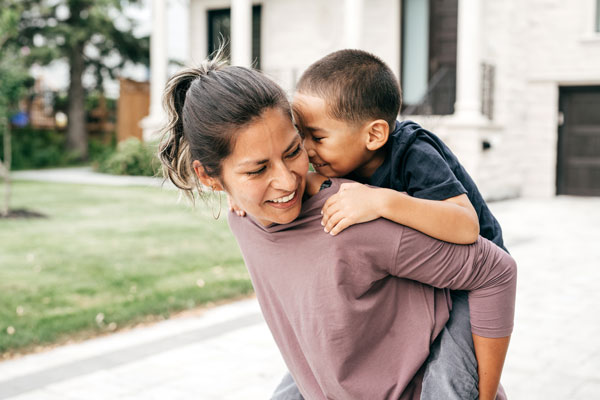
Prevention is possible.
Everyone plays a role in preventing sexual violence. Primary prevention of sexual violence stops violence before it happens and requires addressing the root causes of violence. We can do this by creating communities where people feel safe and respected, and by promoting safe behaviors, healthy relationships, and respect for others.
Sexual violence is a form of oppression and is deeply connected to other types of oppression, including racism, sexism, homophobia, ableism, xenophobia, and others. Oppression is based on a need for power and control and results in one group experiencing more privilege than others. These forms of oppression often work together to silence survivors of abuse and can make it difficult for survivors to seek help. Ending sexual violence requires looking critically at all different forms of oppression and working to end violence in all its forms.

